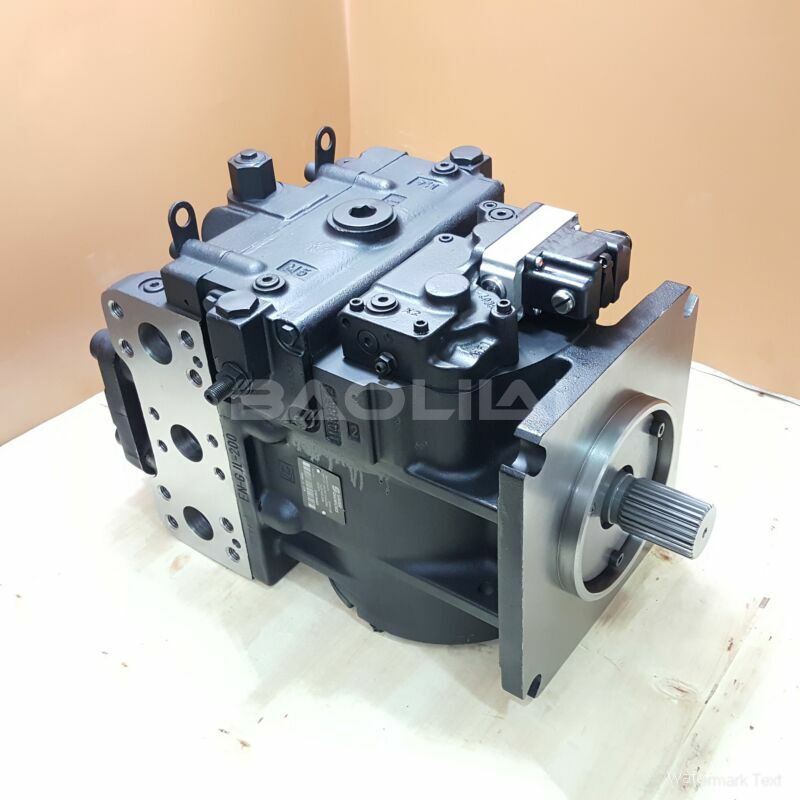90L075MA1NN80S3C6E03GBA424224 hydraulic pump
90L075MA1NN80S3C6E03GBA424224 hydraulic pump

- Product Details
- Applicable Scene
In the fast-paced world of snack food production, efficiency is paramount. Companies are constantly seeking ways to maximize output while minimizing costs. One of the key components that can significantly enhance operational efficiency in this sector is the hydraulic oil pump. This article explores how these pumps contribute to the overall effectiveness of snack food manufacturing processes.
90-L-075-MA-1-NN-80-S-3-C6-E-03-GBA-42-42-24
90L075MA1NN80S3C6E03GBA424224
Hydraulic oil pumps are critical in providing the necessary power for various machinery used in production lines. From mixing ingredients to packaging finished products, hydraulic systems powered by oil pumps offer precise control and reliability. This capability leads to improved performance and fewer delays, which is essential in the high-demand environment of snack food production.

80002846C
One primary advantage of utilizing hydraulic oil pumps is their ability to deliver consistent and powerful force. Unlike mechanical systems, hydraulic systems can easily accommodate variations in load demands without compromising performance. For instance, during the mixing phase, the pump can adjust the force to maintain uniformity in the product consistency, ensuring that flavors and textures are consistently up to standards. This consistency is especially crucial in snack food production, where consumer preferences rely heavily on uniform quality.
Moreover, hydraulic systems are inherently more energy-efficient compared to traditional electric motors when it comes to operating heavy machinery. Hydraulic oil pumps can provide higher torque at lower speeds, reducing energy consumption while maintaining robust operation. As companies strive to reduce their carbon footprint, integrating hydraulic systems can play a vital role in promoting sustainability in snack food production.
In terms of maintenance, hydraulic oil pumps also offer significant advantages. They generally require less maintenance than many mechanical alternatives due to fewer moving parts. This results in reduced downtime for repairs and increased overall uptime for production lines. With less frequent service needs, manufacturers can focus more on production efficiency rather than maintenance issues, allowing them to meet consumer demand more effectively.





